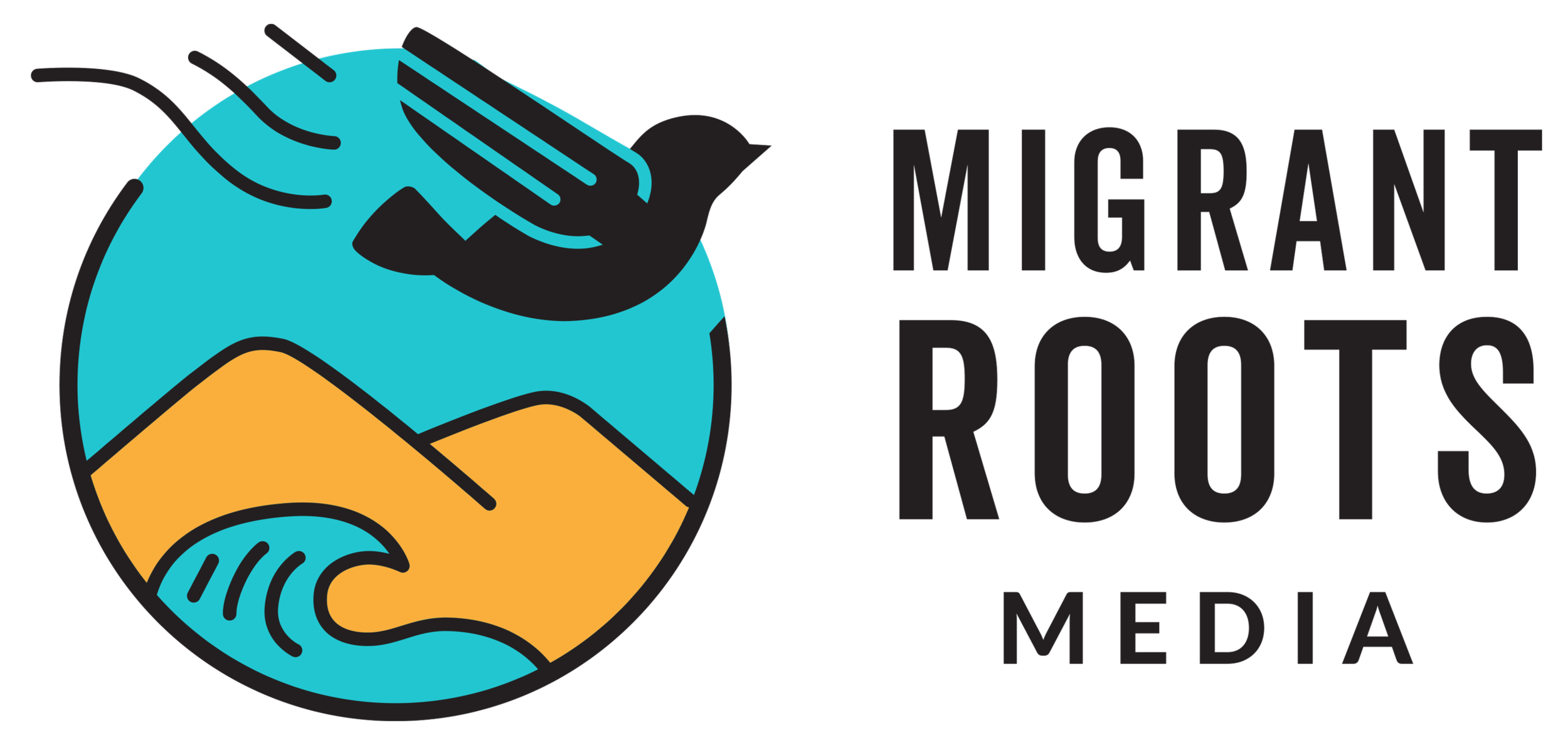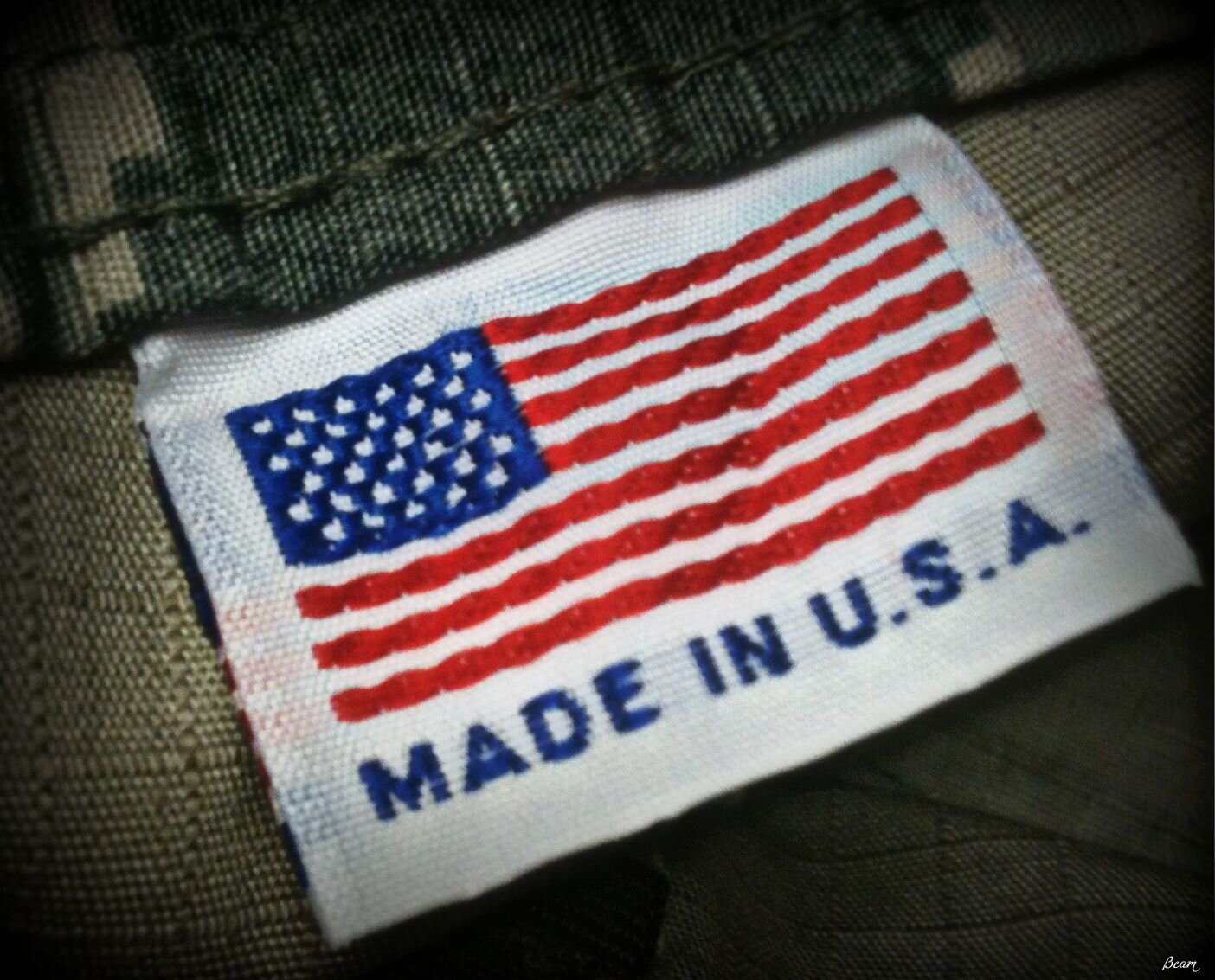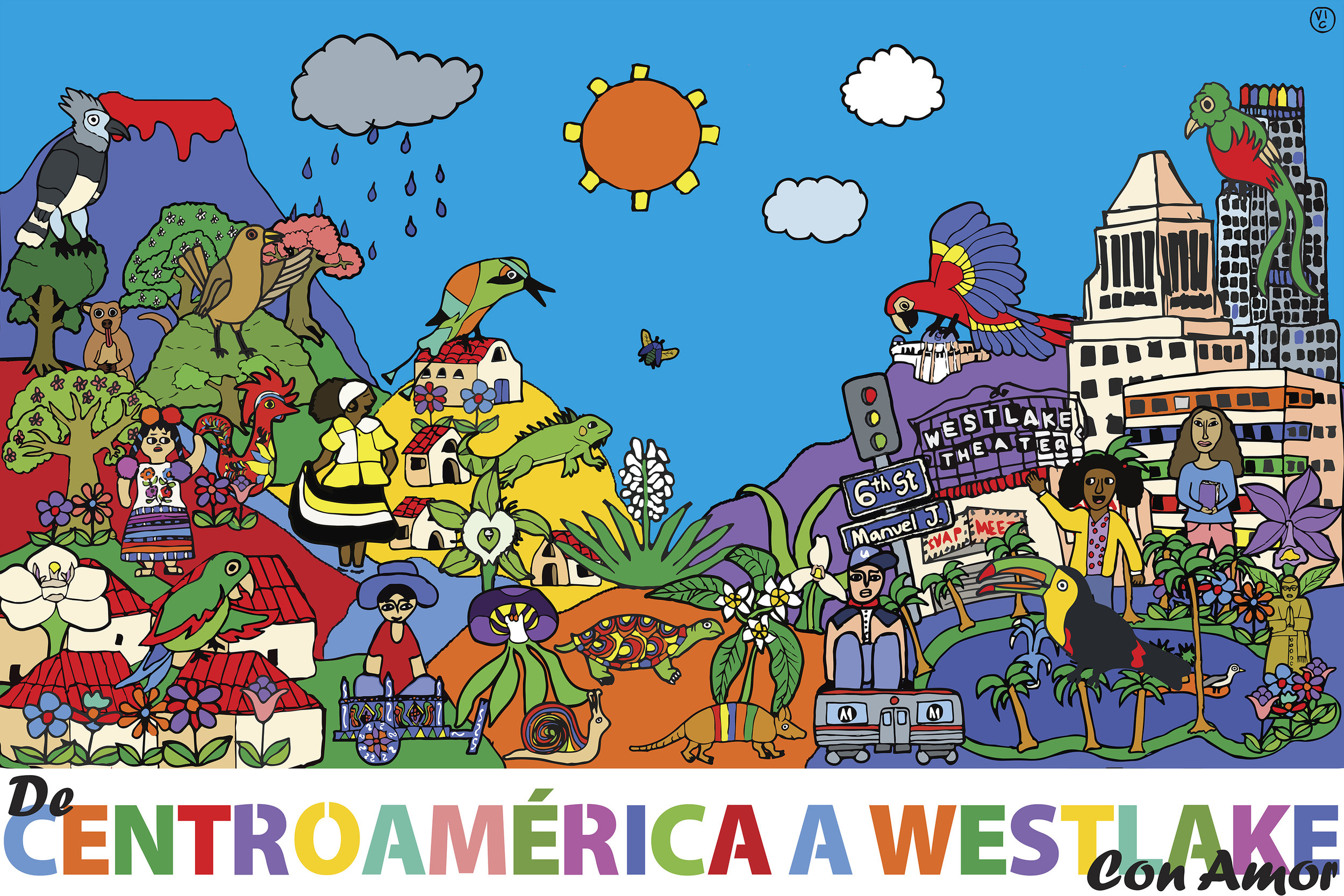We are failing our immigrant communities: COVID-19 and the impact on remittances
“The process of remitting is more than just an economic transaction, it is also associated with the emotional and social processes that allow immigrants to stay connected to the ancestral homeland. For Central Americans, migrating North has not been an easy journey. Central Americans have been fleeing the economic, social, and political unrest caused by U.S-fueled civil wars and genocide, multinational corporate plundering, and corrupt governments. Once they establish themselves in the U.S, remitting becomes a way to show love, care, commitment, sacrifice, and to reassure family members that they are not forgotten. Providing financial assistance is also viewed as a sign of “making it,” and, unfortunately, many may even think that the long-term family separation and the psychological trauma is worth it.”



